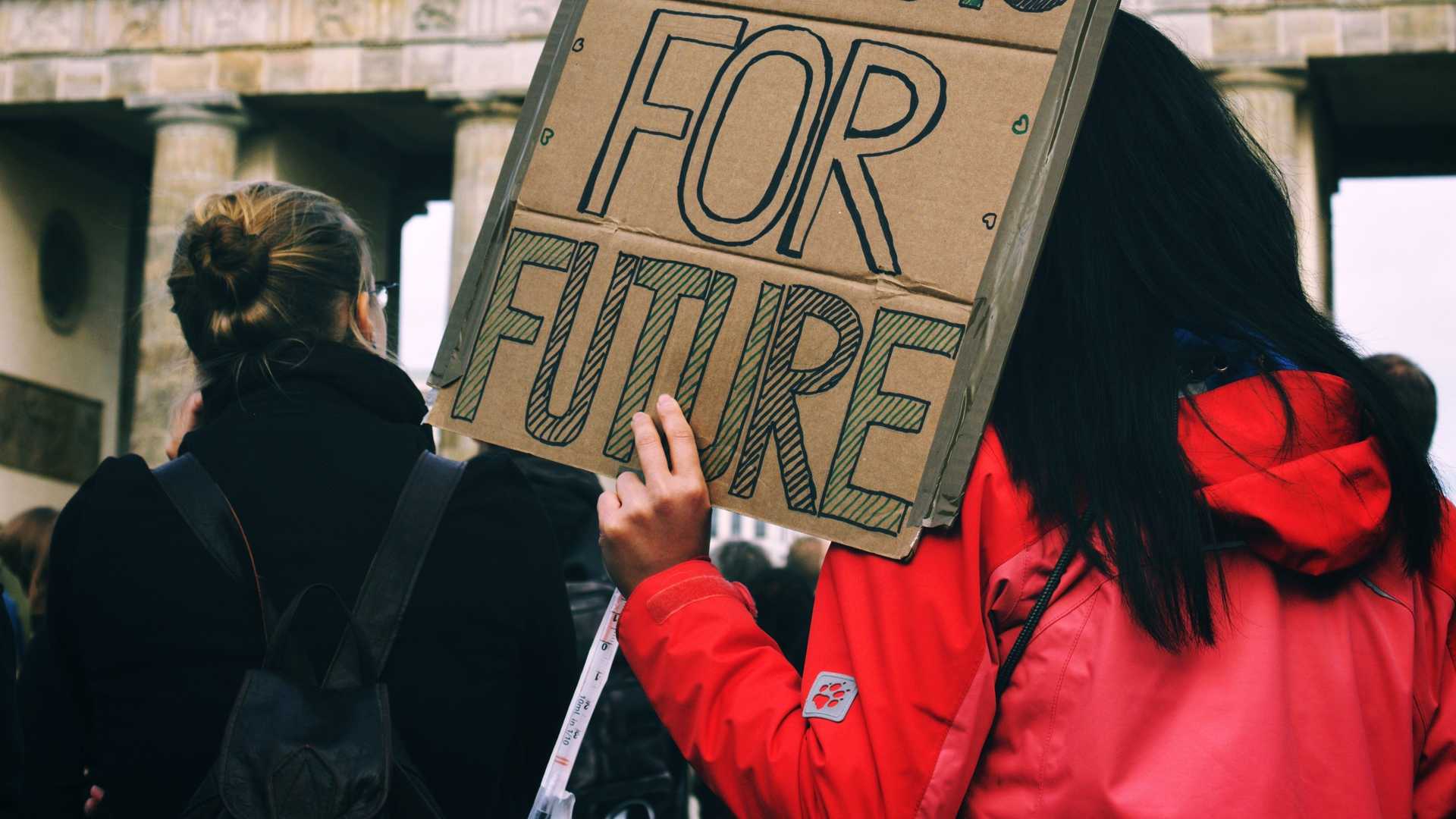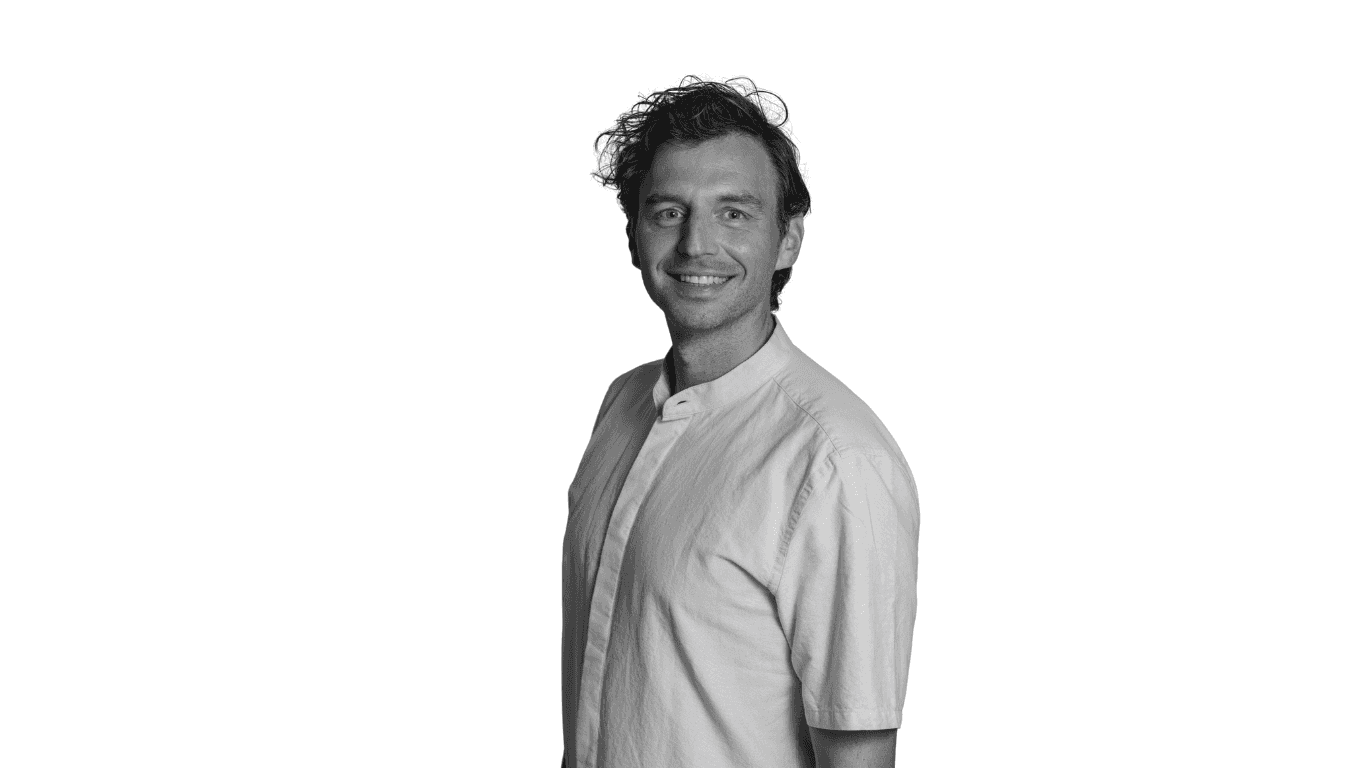Explore how culture, collaboration, and innovation can drive social change
The Allianz Foundation Future Labs report shares actionable strategies to inspire young adults to take civic action, support civil society and build resilient democracies. Based on insights from 78 leaders in seven European cities, it offers practical guidance for NGOs, funders, and policymakers on raising awareness, mobilizing new supporters, and creating safe spaces for dialogue.
Download the report now and discover how to strengthen civic engagement.
First Take-Aways from the Allianz Foundation Future Labs
An insight from Dr. Simon Morris-Lange, Head of Research at Allianz Foundation
The Future Labs participants shared, discussed and innovated, addressing one overarching question: What conditions are needed for more civic engagement across Europe? In other words, how do you encourage more people to stand up for social justice, open societies and a livable planet?
Here are the first take-aways from the seven Labs:
Civil society is under pressure
In numerous places across Europe and the Mediterranean, the space for civic engagement has been shrinking for years. In Warsaw, Lab participants reported that they and their peers have been exposed to hate speech and lawsuits designed to silence or even criminalize them. In Prizren, participants see plenty of room for more civic engagement, but the still common practice of exploiting volunteers and the widespread corruption in the country were reported to stifle active citizenship and weaken civil society. In Istanbul, the political climate and the fierce competition between civil society organizations have created a climate of uncertainty, which prevents citizens from getting involved.
The way forward: Preliminary learnings from the Labs
Many of these challenges are specific to local and national contexts. Others are shared across Europe, including smear campaigns against activists, financial and legal insecurities, emotional stress and a heavy workload. The same is true for solutions. In the Future Labs, participants developed and discussed ideas and scenarios for a stronger and more impactful civil society.
Going forward, they encourage European activists, civil society leaders, artists and journalists to
- Build networks of trust: Participants in all seven cities stressed the importance of building personal networks of trust by leveraging existing connections, and to do so in person instead of over-relying on social media. These networks are crucial in times of dwindling support – or even outright opposition – from established institutions.
- Seize the moment: Moments of crisis can be emotionally devastating, even paralyzing. The recent train crash in Greece and the earthquake in southeast Turkey and northwest Syria serve as a case in point. Yet, Lab participants encourage fellow activists to also see them as windows of opportunity for increasing civic engagement, both short-term and long-term.
- Prioritize mental health: Burnout and mental health issues among activists and civil society leaders are more common than generally assumed, Lab participants say. They see an urgent need to increase resilience among their staff and active supporters by offering mental health support, especially to those working directly with vulnerable groups.
- Address the structures: Lawmaking can be messy, long-winding, highly technical and in some places, plagued by corruption. Despite or precisely because of that, Lab participants see public policy advocacy as an important component of civic engagement, especially when it comes to policies that affect civic engagement itself, such as laws that affect NGO finances.
- Utilize the power of convening: In order to build and strengthen partnerships, Lab participants singled out cultural festivals as one of several promising mobilization tools, given their aesthetic appeal, their potentially political nature and their ability to encourage new alliances between civil society and the cultural sector.
- And, crucially, Lab participants emphasize the need to stay close to the lived experiences of those you are trying to help and reach.

